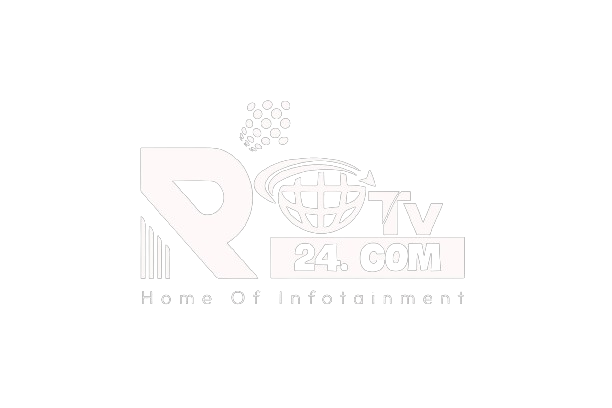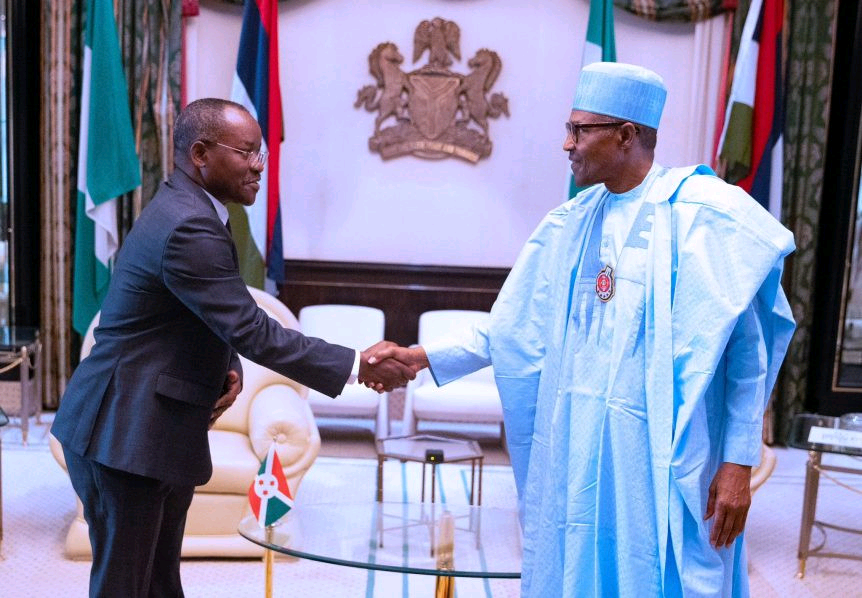The Senate Public Accounts Committee has alleged that the defunct Petroleum Product Pricing Regulatory Agency (PPPRA), now named the Nigerian Midstream and Downstream Petroleum Regulatory Authority (NMDPRA), paid N200 million subscription to two United Kingdom (UK) firms without vouchers.
The committee, which is chaired by Matthew Urhoghide, pivoted its probe on the 2016-2018 report of the Auditor General of the Federation (AuGF) Adolphus Aghughu, which it is currently examining.
According to a report by the Nation reports that agency allegedly paid the contract fee to the UK firms without a letter of advice from the Ministry of Justice, in line with Circular Reference Number SGF/PS/CIR/625/1227.
The circular states: “All Ministries, Departments and Agencies (MDAs) of government entering into agreement on behalf of the Federal Government with foreign countries and their agencies to make reference to the Federal Ministry of Justice for necessary advice and vetting to x-ray all agreements which has financial political or social obligation on Nigeria which are of scientific or technological import that requires ratification.”
The companies are: PLATTS and PLATTS, and Thompson Reuters. The companies were said to have rendered online patent right for data/information gathering such as crude oil/product prices, vessel freight rates and tracking.
Speaking on the development, Urhoghide insisted that the NMDPRA must appear before the committee and defend the allegations raised in the AuGF’s report against the agency.
The lawmaker noted that although the infraction was committed when the agency was known as PPPRA, “that does not mean that the agency will not answer for infractions because it has changed the name”.
But the NMDPRA, in its written response to the committee, said: “Due to the nature of the services rendered, it does not require the advice of the Federal Ministry of Justice.
“The agency is allowed access to the site upon evidence of payment. In other words, payments are made upfront as soon as the agency is invoiced for the next payment circle, which is usually annual. RELATED POSTS
“Since the payments are in foreign currencies, the PPPRA authorises the CBN to effect such payments on its behalf and thereafter advises the agency on the exchange rate used for the posting into our cashbook.”
The query reads: “Financial Regulation 601 states: ‘All payment entries in the cash book/accounts shall be vouched for on one of the prescribed treasury forms. Vouchers shall be made out in favour of the person or persons to whom the money is actually due.’
“Under no circumstances shall a cheque be raised, or cash paid for services for which a voucher has not been raised.
“Circular Reference Number SGF/PS/CIR/625/1227 requires all Ministries, Department and Agencies (MDAs) of government entering into agreement on behalf of the Federal Government with foreign countries and their agencies to make reference to the Federal Ministry of Justice for necessary advice and vetting to x-ray all agreements, which has financial political or social obligation on Nigeria, which are of scientific or technological import that requires ratification…”
“We further observed that, the sum of N200,670,992.36 was paid to two companies, Platts/McGraw International Financial and Informa UK Limited, as subscription for intelligence gathering for the agency.
“No due process was followed in the engagement of these multinational companies as there was no evidence of contracts award and agreement.”
“There was no payment voucher raised for the payments in contravention of Financial Regulation 601, as the CBN was only advised to make payment by transfer of funds in foreign currency on the prevailing market rate.
“The audit teams consider this open ticket operation as susceptible to financial manipulation as there was also no letter of advice from the Ministry of Justice, in line with extant regulations.
“This anomaly was due to the failure of the Executive Secretary to ensure that internal control procedures are properly followed.
“Risk: The agency may incur unauthorised or unapproved expenditures for which payment vouchers are not produced for audit in line with the provision of the law. Such expenditures may not have been incurred in the public interest.”









Leave a Reply